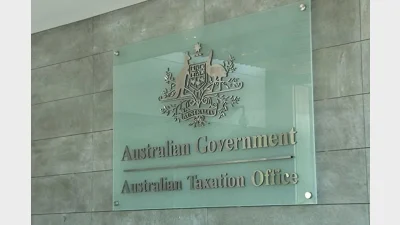(March-2003) Not just a few bad apples
For a study that confirmed what everyone in the super industry appears to have already known, the recent Australian Securities and Investments Commission (ASIC)/Australian Consumer Association (ACA) report lambasting the quality of financial planning has certainly caused many ripples.
The report (see p14 and p37) claims that more than half of all financial plans prepared by advisers are ‘borderline’ or worse. That’s not just a few bad apples!
Concerns have long been voiced that planners, eager to earn commissions, will move members out of the not-for-profit super world — where industry funds keep their admin charges to a dollar a week and employers often subsidise costs or make additional contributions — into the higher costing retail funds, where members pay individual rates for benefits like insurance.
Research by the Australian Prudential Regulation Authority (APRA) (see p12), shows that public sector and corporate funds had the highest returns over the past seven years while retail funds had the lowest. Disturbingly, APRA found a negative relationship between returns and expenses and suggests that there are no investment advantages for members to belong to a fund with high expenses.
Labor senator Nick Sherry adds that once commissions are added to these expenses, they can increase the overall costs of retail funds significantly, usually by 0.5 per cent to 2 per cent. “A one per cent or two per cent annual fee reduces the final retirement nest egg by 22 per cent and 40 per cent respectively,” he says.
The ASIC/ACA report has confirmed for many super funds that establishing in-house teams of salaried financial planners was the right strategy. The latest to follow this path is Queensland electrical supply industry fund ESI Super, which will charge no up-front fees, and will pass all rebates or trail commissions back to members.
And an overwhelming 88 per cent of those responding to a recent Towers Perrin survey of Australia’s largest super funds said the report had also reinforced their concerns about the protection of members in a choice-of-fund environment.
The report, however, appears to have done little to dampen the Government’s eagerness to introduce choice-of-funds legislation. At the time of going to press, the minister for revenue and assistant Treasurer, Senator Helen Coonan, appeared confident that the legislation would pass through the Senate by the end of March. It was unclear whether she had struck any compromises with the other parties. It would seem, however, that without many more protections, members, who show their lack of superannuation knowledge in survey after survey, could be thrown to the wolves by choice-of-funds.
Recommended for you
The responsible investment body is warning that a one-size-fits-all ESG framework mirroring those in the UK and the EU could do more harm than good.
Australian super funds are monitoring the US closely as President Donald Trump increasingly intervenes in corporate policy, moves that are reverberating through global markets and prompting reassessments of portfolio risk.
Industry fund HESTA has filed an appeal against an ATO decision on tax offsets from franking credits, with the Australian Retirement Trust set to file a similar claim soon.
The latest superannuation performance test results have shown improvements, but four in 10 trustee-directed products continue to exhibit “significant investment underperformance”, warns APRA.











